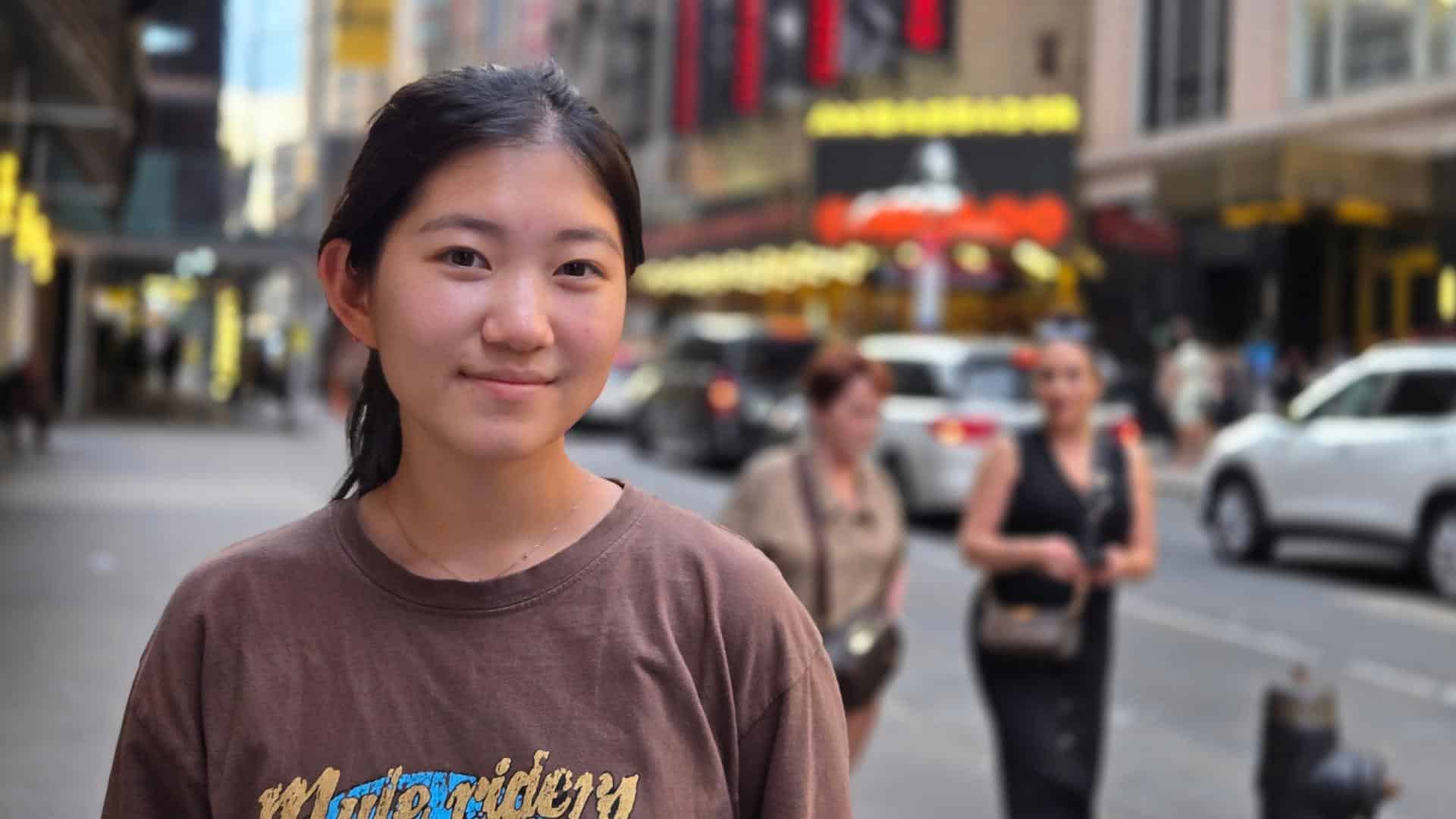News Decoder’s summer intern, Hannah Choo, believes that differences between cultures should be appreciated, not feared.

News Decoder summer intern Hannah Choo. (Photo courtesy of Hannah Choo)
At the age of 9, Hannah Choo found herself shuttled across the Pacific Ocean from California to Seongnam, South Korea. She found herself living in a city, about an hour from Seoul, where everything from language to climate was different.
She’d grown up in sunny, suburban, slow-paced Pasadena in Southern California and wasn’t happy at first about the move.
“When I first arrived, the honking of cars at night was so loud that I couldn’t fall asleep,” Choo said.
But now, seven years later, she realizes that the experience of living in two starkly different cities has given her a better understanding of people. And this is important because Choo wants to be a journalist.
She has joined News Decoder as a summer intern, bringing with her an interest in communities and how they collectivize and support themselves.
“Korea has made me look deeper into how people differ experientially, not just in terms of surface factors like race or ethnicity or where they’re from,” she said. “I think there’s a lot of diversity in Korea with what people go through in their lives.”
Appreciating cultural differences
The homogenous culture of South Korea gives Choo a strong sense of community and has helped her realise that people’s differences are not defined by where they come from.
For News Decoder, Choo brings the perspective of a young person, which is valuable to an organization devoted to helping youth process global events and the confusing digital world that consumes them.
Consider her work with Amina McCauley, who leads News Decoder’s EYES program — Empowering Youth Through Environmental Storytelling — a two-year project to create a climate change curriculum that can be implemented in schools across the globe.
“Hannah has been helping me critique News Decoder’s climate journalism educational materials,” McCauley said. “As the EYES project enters its phase of dissemination, Hannah’s curiosity and understanding of depth is helping the curriculum to become stronger and more relevant for the young people of today.”
McCauley said that Choo is thoughtful and critical, but that it is her way of interacting with others that is her best asset.
“She brings me trust in future generations,” McCauley said.
Working with News Decoder
Choo said she wanted to work with News Decoder because of the way it spotlights the human side of news, and how lives are impacted by everyday events.
“I feel like News Decoder aims to really empower students to not just write a story in general, but also how to incorporate their own voice into that while sticking with the rules of journalism,” Choo said.
Choo will also help News Decoder bolster its social media. In the coming weeks, she will be working with News Decoder’s Program and Communication Manager Cathal O’Luanaigh on her own series of posts on News Decoder’s social media pages and working with its Educational News Director Marcy Burstiner on articles related to climate change, people and culture.
Burstiner said that when Choo first came to News Decoder it was as if she knew exactly what was wanted of her. “She has a great instinct for news, for seeing the story that hasn’t been told and that needs to be told,” Burstiner said. “For News Decoder, South Korea is a country that has been underreported. I’m really looking forward to her stories.”
Ultimately, Choo hopes to tell stories about people in many different places.
“I see myself travelling the world and visiting different communities and really hearing their stories, and being able to present it in a way that’s authentic to them,” she said. “And showing that to the rest of the world and allowing other people to also see all of these unique parts of a global culture that you never really get a spotlight on.”
Telling global stories
What she has learned so far in her travels from California to South Korea is that there is great satisfaction in adapting to a new culture.
While there was no language barrier for Choo when she moved to Seongnam, having spoken Korean with her parents since she was a child, the noise and way of living there needed some getting used to. But what she at first found so different, she now finds comfort in.
Everything she needs outside of her apartment complex, which is wrapped by four different roads, is just a short subway, drive or walk away. And with community comes safety.
“I always tell people that you could leave your laptop on top of a coffee shop table and expect to find it there again an hour later,” Choo said.
There are still challenges.
Korean schools are hyper competitive and getting into a prestigious university is important. This means that in high school, students are so focused on getting good grades that their mental health often suffers.
Young people prioritise studying for tests over sleep and a social life. They compare themselves to each other and base their self worth on academic performance.
“That creates pretty toxic dynamics between people,” she said. “Beating out the competition, I think, is a huge narrative here.”
This also means that school and learning is centred on grades, so that critical thinking and interest is of much lower importance.
“Studying in any school in Korea, even if international, means you’re still affected by the culture,” Choo said.
